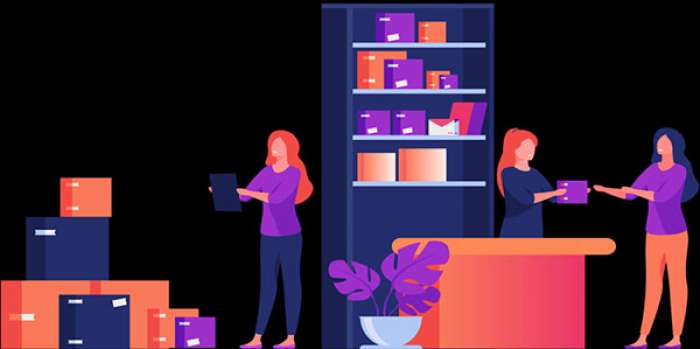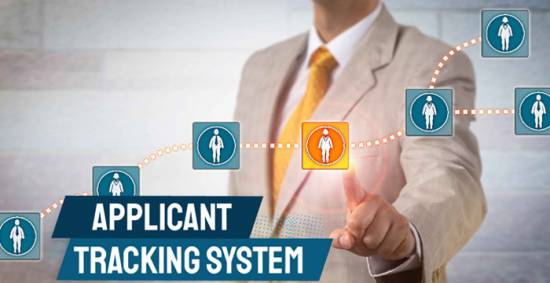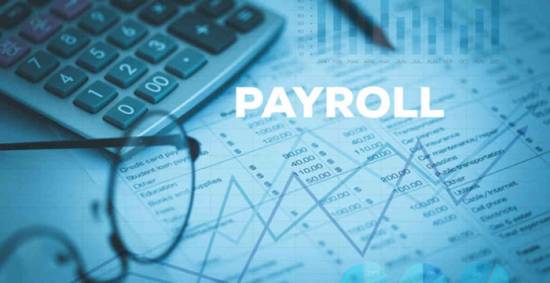Retail operations software provides many benefits to store management and employees. In this blog post, we will explore some of these benefits in more detail. From reducing paperwork to increasing profitability, store management software can help your business in a variety of ways. Keep reading to learn more about how this type of software can help your business run more smoothly and efficiently.
What is Store Management Software?
Store management software is a tool used by retail businesses to help manage their inventory, sales, and customers. The software can be used to track product levels, create and track customer profiles, and generate reports on sales and inventory. Store management software can also be used to create promotional materials and coupons, as well as manage employee schedules.
What are the Common Features of Store Management Software?
There are many features that are common among store management software programs. Some of the most common and important features include:
Inventory Management: This is one of the most important aspects of any retail business. Store management software typically includes comprehensive inventory management tools to help businesses keep track of their stock levels, reorder products as needed, and track sales data to help with future ordering decisions.
Customer Management: Another important aspect of any retail business is customer management. Store management software programs typically include features such as customer tracking, loyalty program integration, and customer communications tools to help businesses build and maintain strong relationships with their customers.
Employee Management: Another key feature of store management software is employee management. This can include features such as time tracking, payroll integration, shift scheduling, and performance tracking to help businesses manage their employees more effectively.
Point of Sale (POS) Integration: A final common feature of store management software is POS integration. This allows businesses to seamlessly integrate their store management system with their point-of-sale system, making it easy to track sales data and manage inventory levels from one central location.
What are the types of Store Management Software?

There are different types of Store Management Software available these days. Here are some of the most popular ones:
1. Inventory Management Software: This type of software helps businesses keep track of their inventory levels, and stock items and reorder products when necessary.
2. Retail Management Software: Retail management software is designed to help businesses manage their sales, customers and suppliers. It can also be used to create reports and analyses for decision-making purposes.
3. Point of Sale (POS) Software: POS software is used by businesses to process transactions at the point of sale, such as in retail stores or restaurants. It can also be used to track inventory levels and customers' spending habits.
4. eCommerce Platforms: These platforms provide businesses with the ability to sell their products and services online. They usually come with features such as shopping carts, payment processing and order management tools.
What are the Benefits of Store Management Software?
There are many benefits of store management software. Perhaps the most important benefit is that it can save you time and money. With store management software, you can automate many of the tasks that are necessary to run a successful retail business. This includes tasks such as inventory management, order processing, shipping and tracking, customer management, and more.
In addition to saving you time and money, store management software can also help you boost your sales and improve your customer service. With the right software in place, you’ll be able to better track your inventory levels and make sure that you never run out of stock on popular items. You’ll also be able to process orders more quickly and efficiently, which will keep your customers happy.
Finally, store management software can give you valuable insights into your business. With the right reports and analytics, you’ll be able to identify trends and patterns in your sales data. This information can help you make better decisions about stocking levels, pricing, marketing campaigns, and more.
Who Uses Store Management Software?
There are a number of different types of businesses that can benefit from using store management software. Retailers, for example, can use this type of software to keep track of inventory, sales, and customers. Hospitality businesses such as restaurants and hotels can also use store management software to manage reservations, guest information, and staff schedules.
Other businesses that may find store management software helpful include event planning companies, rental stores, and even service-based businesses such as salons and spas. Basically, any business that has to keep track of inventory or customers can benefit from using this type of software.
Post Comment
Be the first to post comment!










